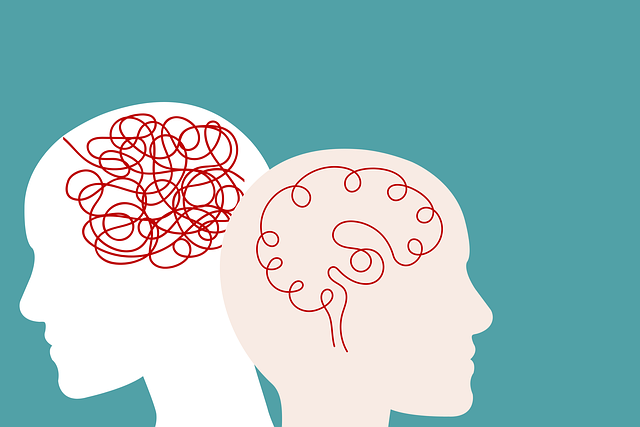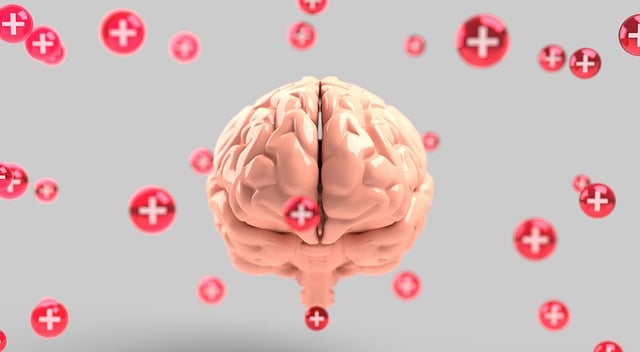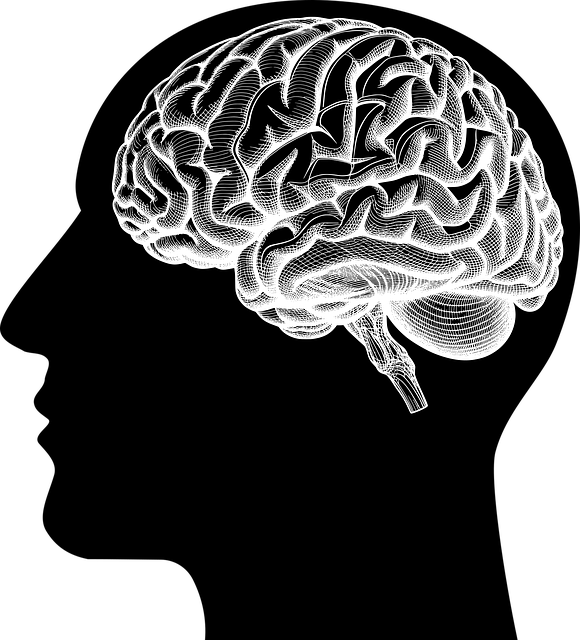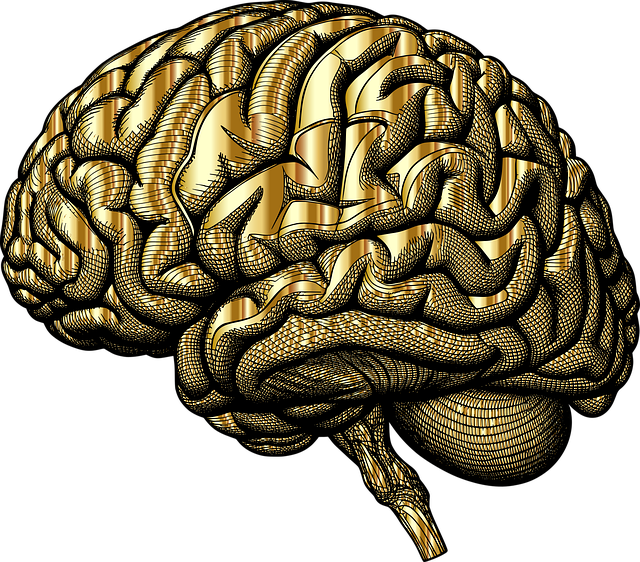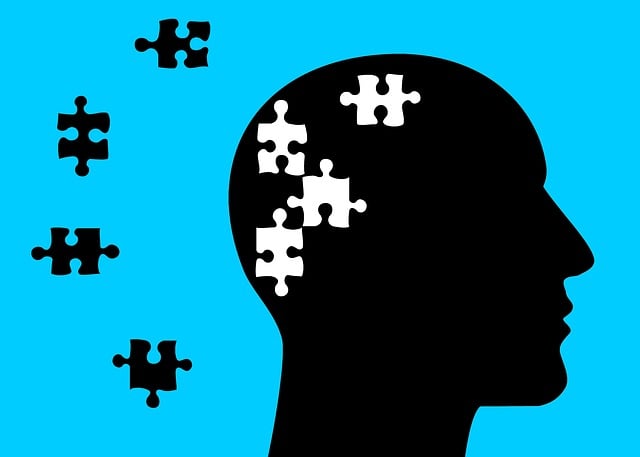Englewood Divorce Therapy offers a comprehensive approach to mental health care, addressing the complex challenge of diagnosis by integrating community outreach, stress management workshops, and confidence-boosting initiatives with traditional therapy. Their multifaceted strategy combines individual counseling with group support, utilizing AI and machine learning for more accurate evaluations, and promoting self-empowerment through mindfulness and stress reduction techniques. This patient-centric model enhances diagnostic accuracy while fostering long-term mental wellness, setting Englewood Divorce Therapy apart in the field of mental health services.
Mental illness diagnosis accuracy is a critical issue, with significant implications for patient outcomes. This article delves into the current challenges in mental health assessment, exploring innovative solutions that promise to revolutionize care. We discuss the unique contribution of Englewood Divorce Therapy in enhancing diagnostic accuracy through specialized techniques. Additionally, we highlight cutting-edge tools, robust training programs, and patient-centric approaches that empower individuals and families, ultimately fostering more effective treatment paths.
- Understanding the Current Challenges in Mental Illness Diagnosis
- The Role of Englewood Divorce Therapy in Enhancing Accuracy
- Innovative Tools and Techniques for Improved Assessment
- Training and Education: Equipping Professionals for Better Diagnoses
- Patient-Centric Approaches: Empowering Individuals and Families
Understanding the Current Challenges in Mental Illness Diagnosis

Diagnosing mental illnesses accurately is a complex task due to the intricate nature of human minds and emotions. One of the primary challenges lies in differentiating between normal emotional responses and disordered thinking patterns, which often requires meticulous evaluation by trained professionals. Misdiagnosis or delayed diagnosis can significantly impact an individual’s well-being, leading many to seek alternative forms of support, such as those offered by Englewood Divorce Therapy.
Englewood Divorce Therapy has recognized the pressing need for improved diagnostic accuracy and has been at the forefront of community outreach programs aimed at raising awareness about mental health. They host stress management workshops and offer confidence-boosting initiatives, all part of their broader strategy to enhance accessibility to quality care. By combining these efforts with traditional therapeutic practices, they strive to bridge the gap in diagnosis and treatment, ensuring individuals receive the most appropriate support for their unique needs.
The Role of Englewood Divorce Therapy in Enhancing Accuracy

Englewood Divorce Therapy offers a unique approach to improving mental illness diagnosis accuracy, focusing on holistic healing and comprehensive support for individuals navigating challenging emotional situations. This therapy type goes beyond traditional diagnostic methods by integrating various therapeutic techniques tailored to address complex psychological needs. Through engaging in emotional healing processes, clients are empowered to explore their feelings, gain insights into their behaviors, and develop effective coping strategies.
By combining individual counseling sessions with group support, Englewood Divorce Therapy facilitates a safe space for individuals to process trauma, manage stress through reduction methods, and acquire valuable mental health education programs design. This multi-faceted approach not only enhances the accuracy of diagnoses but also promotes long-term well-being by fostering resilience and empowering clients to take control of their mental health journeys.
Innovative Tools and Techniques for Improved Assessment

In recent years, the field of mental health assessment has seen a surge in innovative tools and techniques aimed at improving diagnosis accuracy. One such advancement is the integration of technology, including artificial intelligence (AI) and machine learning algorithms, which can analyze vast amounts of data to identify patterns indicative of specific mental health conditions. These technologies enhance assessment by providing more objective and nuanced insights, reducing potential biases that may arise during traditional face-to-face evaluations.
Englewood Divorce Therapy, for instance, has pioneered the use of digital platforms that offer personalized mental health education programs designed to cater to individual needs. Complementing this are interactive Stress Management Workshops Organization and Mental Wellness Journaling Exercise Guidance, which empower individuals to actively participate in their healing process. These modern approaches not only improve diagnosis accuracy but also foster a more holistic understanding of mental wellness, promising a brighter future for those seeking support.
Training and Education: Equipping Professionals for Better Diagnoses

Mental health professionals play a pivotal role in accurately diagnosing individuals with mental illnesses. To enhance their abilities, continuous training and education are essential. Many institutions now offer specialized programs focusing on advanced diagnostic techniques, the latest research findings, and diverse treatment approaches. These educational initiatives empower therapists to recognize subtle symptoms, consider comorbidities, and tailor interventions effectively.
At Englewood Divorce Therapy, for instance, we prioritize ongoing professional development by incorporating evidence-based practices such as stress management techniques, mindfulness training (Mind Over Matter principles), and compassion cultivation exercises into our service offerings. Such approaches not only improve diagnosis accuracy but also foster a more empathetic therapeutic environment, benefiting both therapists and clients.
Patient-Centric Approaches: Empowering Individuals and Families

In recent years, there has been a growing emphasis on patient-centric approaches to mental health care, with a focus on empowering individuals and families affected by mental illness. This shift is crucial in improving diagnosis accuracy and overall treatment outcomes. By incorporating methods like mindfulness meditation and stress reduction techniques, Englewood Divorce Therapy aims to help clients develop coping strategies that enhance their mental wellness. These therapeutic interventions not only assist in managing symptoms but also foster self-awareness and resilience, enabling individuals to take an active role in their healing journey.
Englewood Divorce Therapy recognizes that supporting patients and their families holistically is essential for long-term success. This involves educating them about various aspects of mental health, including the signs and symptoms of different conditions. By equipping individuals with knowledge and practical tools, such as mindfulness meditation practices, the therapy helps patients better understand their experiences and communicate effectively with healthcare providers. Such patient-centric approaches ultimately lead to more accurate diagnoses and tailored treatment plans, ensuring that each individual receives the care they need to thrive.
Mental illness diagnosis accuracy has long been a complex issue, but with dedicated efforts and innovative solutions like those offered by Englewood Divorce Therapy, significant improvements are within reach. By combining enhanced assessment tools, comprehensive training programs, and patient-centric approaches, healthcare professionals can navigate the intricate landscape of mental health more effectively. This holistic strategy, which includes evidence-based practices such as engaging divorce therapy, promises to revolutionize diagnosis accuracy, ultimately leading to better outcomes for individuals and families grappling with these challenges.




